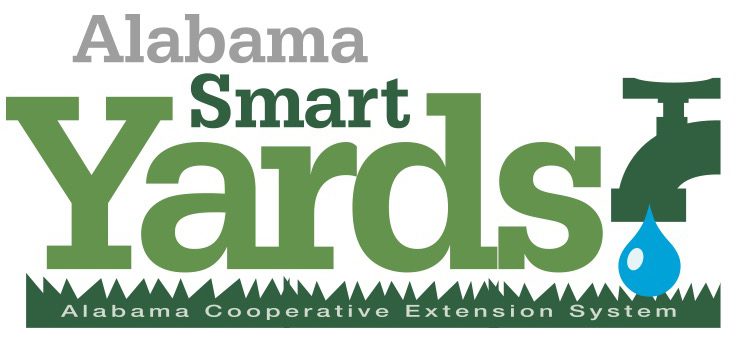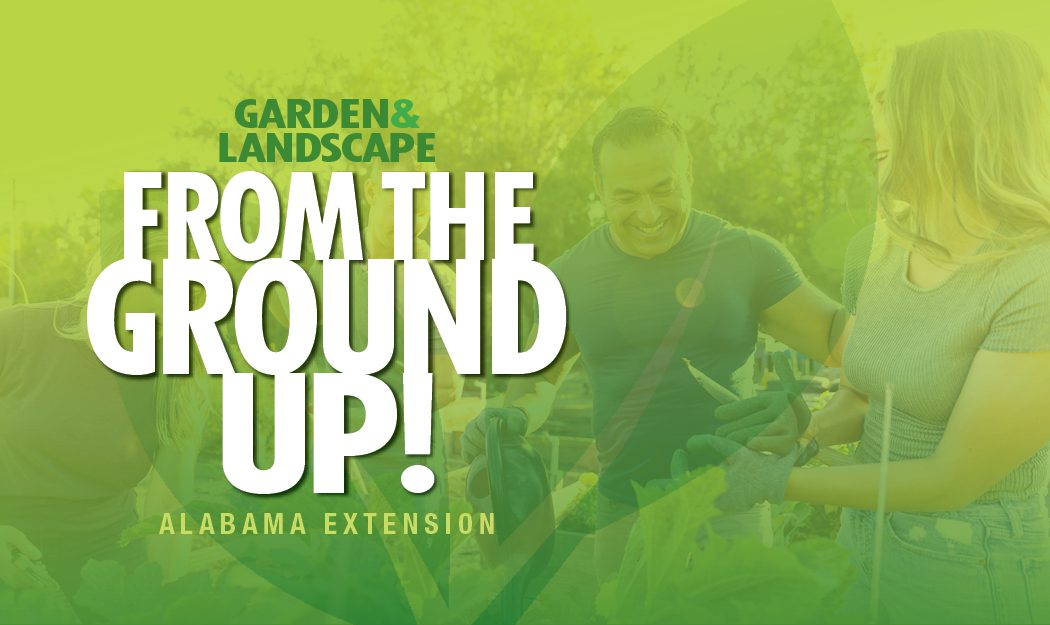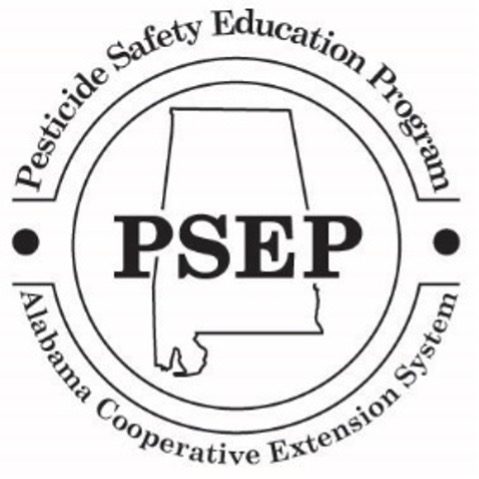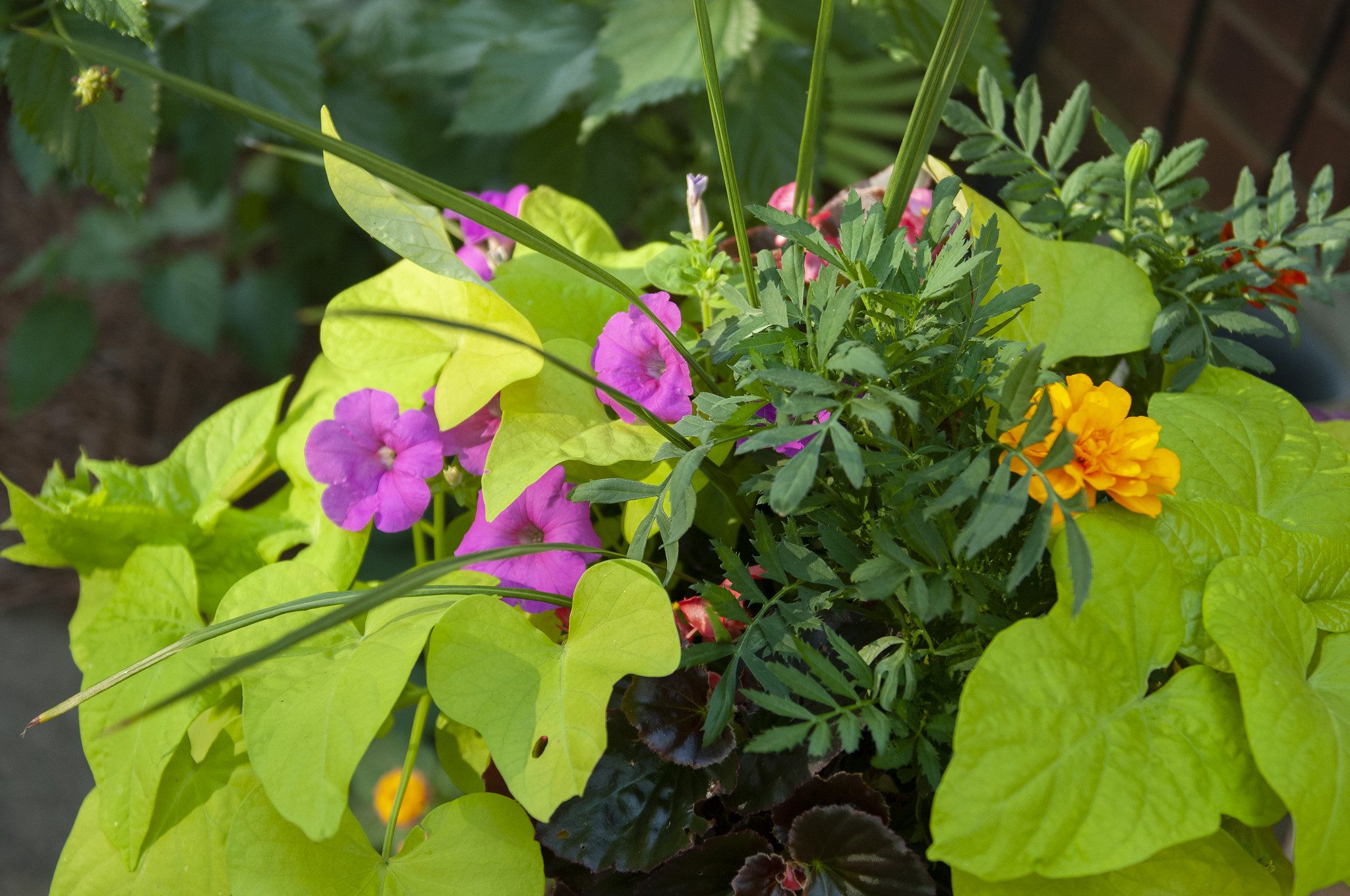Lawn & Garden

The Alabama Cooperative Extension System Home Grounds team supports homeowners with science-based projects about planning, planting, and caring for gardens and plants in indoor and outdoor residential spaces. The team also supports Extension Master Gardeners, who are volunteer educators and valued members of this team.
Title: Alabama Smart Yards (ASY)
 Project Leader: Sonja Thomas
Project Leader: Sonja Thomas
Institutional Lead: 1862 Extension–AU
Project Objectives: Teach best management practices involved with planning, planting, and caring for plants in residential and community green spaces, indoors and outdoors.
Background/Situation/Issue: Alabama Smart Yards is a statewide program that addresses the critical issues of natural resource conservation and management, environmental sustainability, and climate control. This program teaches and promotes best management practices for individuals and groups managing residential landscapes and community properties.
Outputs:
- 12,308 participants in ASY programs (direct contacts).
- 4.3K followers on social media platforms.
- 208 programs offered (126 face-to-face, 44 virtual).
- 16 demonstration gardens maintained throughout state.
- 8,500 participants in group events.
- More than 11,800 participants in one-on-one consultations.
Audience Diversity: 208 reported activities with 6,755 in-state participants; 64% female, 24% male
Evaluation Techniques: Paper-based and online surveys; website and social media use reports
Value Statement/Synopsis:
- On average, each participant attended 7.8 programs.
- Participants reported an average cost saving of $273/program.
- Participants reported an average program value of $78/program.
- 63% of participants implemented a cost-saving practice from attending a previous program.
Return on Investment: 58:1 ($58 for each dollar invested)
Social Media Channels
www.facebook.com/AlabamaSmartYardsAlabamaExtension
www.instagram.com/alabama.smart.yards
Key Web Page
Get Outside with Alabama Smart Yards webinar series: www.aces.edu/blog/topics/lawn-garden/smart-yards-online-series
Testimonials
“My problem was solved with new techniques and new planting ideas.”
“The knowledge I gained was extremely valuable. I understand plant placement, how to use colors, recognize plant diversity, and many more.”
“As a novice, everything I heard was helpful”
“New knowledge on my plants, caring for them and replacing as well as a great webinar on emergency management. I can say each webinar adds something to our individual knowledge base and my journal!”
Title: Grow More, Give More (GMGM)
 Project Leader: Bethany O’Rear
Project Leader: Bethany O’Rear
Institutional Lead: 1862 Extension–AU
Project Objectives: Teach best management practices to home gardeners for productive residential and community food gardens with a philanthropic component to address local food insecurity.
Background/Situation/Issue: GMGM addresses the critical issue of improving food systems and food safety, as food insecurity remains a problem in many Alabama communities. This new program teaches and promotes best management practices for home gardeners to create and sustain productive residential or community gardens to provide nutritious and safe food choices for themselves and community members in need.
Outputs:
- 11,545 participants reached (videos, trainings, one-on-one contacts).
- 4.3K social media followers.
- 4,174 downloads of the mobile app SOW, A Planting Companion.
- 177 workshops and other training events.
- 10 demonstration and teaching gardens.
- 16 pop-up gardens.
Audience Diversity: 177 reported activities with 2,553 in-state participants. 68% female, 32% male; 85% White, 13% Black, and less than 1% each American Indian, Asian or Pacific Islander, and other races.
Evaluation Techniques: Surveys, food production records.
Collaborators: Through Extension agents and a volunteer network of Extension Master Gardeners with available local resources, GMGM provides the support and knowledge home gardeners and communities need to grow and manage successful food crops. As a philanthropic program, GMGM also provides increased social awareness and energizes volunteers and communities.
Value Statement/Synopsis:
- Participants reported an average program value of $62/event.
- Participants reported an average cost savings from learned techniques of $50/program.
- $60,274 of fresh produce donated, based on an average fresh produce retail of $1.85.
- 32,580 total pounds of food donations.
- 5,196 families received fresh produce donations.
- 2,046 transplants grown and donated by Master Gardeners.
- 86% of total produce grown and donated by Master Gardeners.
- 63% of our clients implemented something they were taught.
Return on Investment: 44:1 ($44 for each dollar invested)
Key Web Page
Grow More Give More: www.aces.edu/go/growmore
Video
www.aces.edu/blog/topics/lawn-garden/grow-more-videos
Grant Acknowledgment: Alabama RC&D
Testimonials
“Ideas on more cost effective ways and methods to produce and market crops.”
“I learned new techniques and knowledge on a variety of topics that I was able to teach others in my family.”
“I’m learning to save and regrow from seeds; this is a cost effective method. Free seeds are everywhere.”
Title: Extension Master Gardener (EMG) Volunteer Training and Management
 Project Leader: Kerry Smith
Project Leader: Kerry Smith
Institutional Lead: 1862 Extension–AU
Project Objectives: Recruit, train, and retain a core group of volunteers to support Extension Home Grounds programs and the land grant mission through volunteer led outreach and education.
Co-Leaders/Collaborators: Extension Master Gardeners, Extension Agents, Agriculture, Plant Pathology, Home Grounds Regional Extension Agent (REA) Instructors, County Extension Coordinators, Specialists, Non-Home Grounds Regional Extension Agents, Professional Instructors and Speakers
Background/Situation/Issue: The Extension Master Gardener Program is a nationwide program. In Alabama, it addresses critical issues for natural resource conservation and management, environmental sustainability, and climate control. This program trains a core group of volunteers in environmental sciences and horticulture to support Extension agents in providing education and outreach to home gardeners and noncommercial community groups on gardening, the environment, and Extension programs.
Outputs:
- 40 counties participated in online training.
- 26 in-person training locations.
- 11 Home Grounds regional Extension agent (REA) program leaders.
- 7 County Extension coordinator (CEC) program leaders.
- 1 County Extension agent (CEA) program leader.
- 1,427 reporting EMG and EMG intern volunteers.
- 230,693 EMG and EMG intern volunteer hours.
Outcomes:
- $11 million community value (donated time, materials, and community philanthropy).
- 346,187 face-to-face contacts.
- 27,398 total pounds of produce donated.
- 14,261 transplants grown and donated by Master Gardeners.
Audience Diversity: 127 reported activities with 3,771 in-state participants; 82% female, 18% male.
Evaluation Techniques: Surveys, helpline recommendations and follow-ups, satisfied customers.
Return on Investment: 17:1 ($17 for each Extension dollar invested).
Social Media Channels
Alabama Master Gardener Helpline on Facebook and Instagram:
www.facebook.com/AlabamaMasterGardenerHelpline
www.instagram.com/alabama.mg.helpline
Key Web Page
Become an Extension Master Gardener Volunteer: www.aces.edu/blog/topics/lawn-garden/become-an-alabama-extension-master-gardener-volunteer
Testimonials
“The Helpline provides numerous learning opportunities for me as a volunteer: combatting crazy-ants, citrus recovery from late winter freeze, herbicide application to address nutsedge infestation. Home gardeners have LOTS of questions.”
“Master Gardener volunteers came out to our property, gave advice on raised bed placement and vegetables to plant, and helped plant the gardens. I learned about fall gardening in our zone, good amendments to add to soil, and placement of beds for maximum sunlight.”
“I had opportunities to be taught by professionals, in person during the Intern classes, as well as online. Our Intern project turned out great! And I’ve enjoyed learning about the Birmingham Botanical Gardens.”
Title: From the Ground Up! Podcast
 Project Leader: Brian Brown
Project Leader: Brian Brown
Institutional Lead: 1862 Extension–AU
Project Objectives: Alabama Extension’s From the Ground Up! podcast brings the expertise of home grounds, gardens, and home pests agents to you. In these podcast episodes, the team covers a variety of topics that better homes, gardens, and communities.
Background/Situation/Issue: Extension Agents, Home Grounds Regional Extension Agents (REAs) Dani Carroll, Mallory Kelley, Bethany O’Rear, Jack LeCroy, Allyson Shabel, Dave Han, Meredith Shrader.
Launched July 2023
Outputs:
- 9 released podcasts.
- 71 subscribers.
- 753 plays.
- 132 engaged listeners.
- 409 impressions.
- 4,000 website clicks.
Topics Covered:
- Season 1 Episode 9 Home Invaders
- Season 1 Episode 8 Home Lawns
- Season 1 Episode 7 Pollinators
- Season 1 Episode 6 Alabama Master Gardener Program
- Season 1 Episode 5 Special Guest Molly Hendry
- Season 1 Episode 4 Landscapes for the Alabama Coast
- Season 1 Episode 3 Preparing for the Fall Garden
- Season 1 Episode 2 Growing Tomatoes
- Season 1 Episode 1 So You Want to Grow a Garden
Audience Diversity: Average listener is from Alabama with 3% from surrounding states.
Key Web Page
www.aces.edu/blog/series/from-the-ground-up
Testimonials
“Just finished the Podcast series. So much information! I particularly like that I can listen while driving. The tips and tricks with tomatoes is particularly helpful. Thanks for plugging becoming a Master Gardener. Much thanks; looking forward to future posts.”
“I really enjoy listening to the podcasts. I feel as though I’m sitting at my kitchen table sharing these ‘conversations’ with my neighbors! The podcasts also help me see the plants differently—like humans, they too can be injured and suffer from incorrect care. The podcasts are informative, pleasant and time well-spent.”
“What a great service! I particularly enjoyed the episode on pollinators. I knew how vital they are to our environment but the information about creating an environment for them was so helpful. As an example, planting shrubs close to flowering plants for shelter for the pollinators is something I hadn’t really thought about.”
Title: Private Applicator Training Program Project
 Leader: Sonja Thomas
Leader: Sonja Thomas
Institutional Lead: 1862 Extension–AU
Project Objectives: Private applicator training is for individuals who want to apply pesticides to an agricultural commodity on land privately owned either by them or their employers.
Co-Leaders/Collaborators: Agronomic Crops, Home Grounds, Poultry, Commercial Horticulture, Forestry and Wildlife Regional Extension Agents.
Background/Situation/Issue: Safe use of pesticides benefits humans, animals, and plants. By offering this program to applicators, Extension is ensuring that our producers understand the importance of proper calibration, use of personal protective equipment, and how to read and comprehend the pesticide label, thereby increasing application efficacy and environmental stewardship.
Outputs:
- 67 counties offered exams.
- 57 face-to-face trainings offered.
- 714 total participants.
Outcomes:
- 1,065 applicators certified.
- 698 participants in 67 counties.
- 367 online participants.
- $99,045 was the overall calculated value of training offered in 2023.
Audience Diversity: Foresters, farmers, nursery owners, sod farmers, and other agricultural commodity producers; 98 reported activities with 2,091 in-state participants; 76% female, 24% male; 95% White, 4% Black, and less than 1% each American Indian, Asian or Pacific Islander, and other races.
Evaluation Techniques: Surveys and follow-ups.
Social Media Channels
www.facebook.com/AlabamaPesticideSafetyEducationProgram
Key Web Page
www.aces.edu/blog/category/farming/pesticides
Revised June 2024, Home Grounds Team Outcomes & Impacts Report 2023, ANR-2950
Past Reports
The Alabama Cooperative Extension System (Alabama A&M University and Auburn University) is an equal opportunity educator, employer, and provider. If you need a reasonable accommodation or language access services, contact Sonja Thomas at sbt0010@aces.edu.

